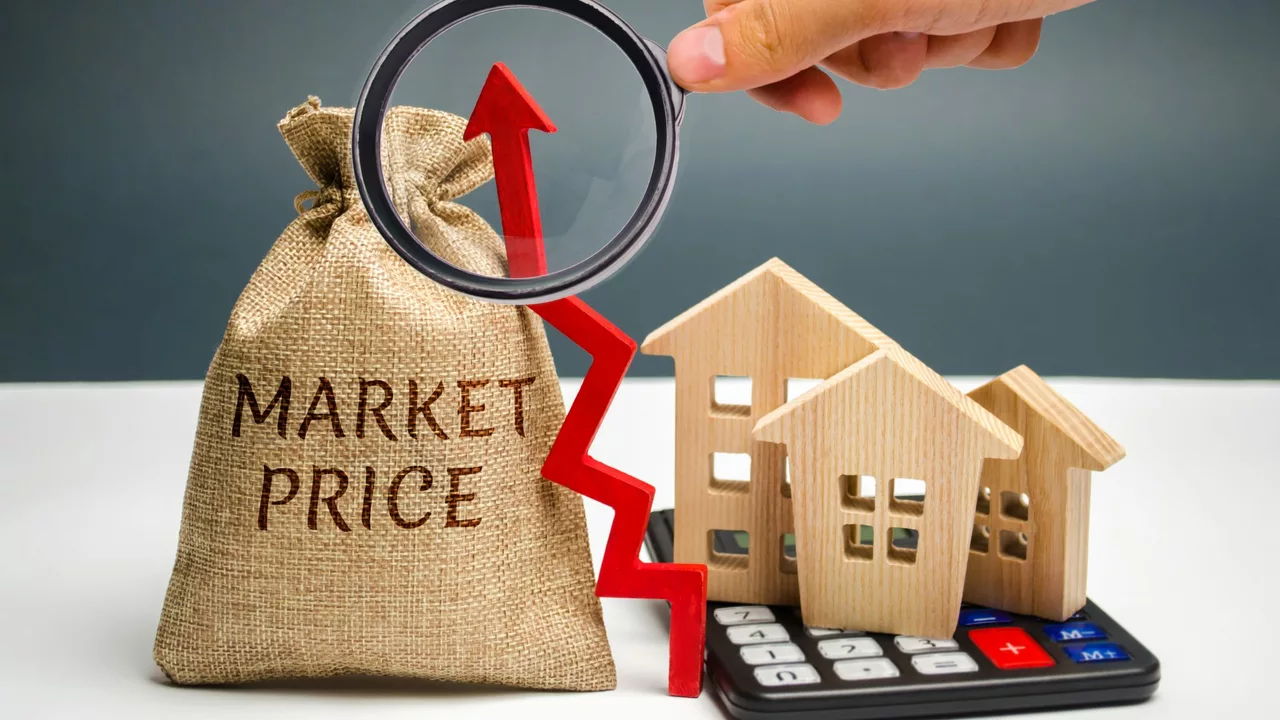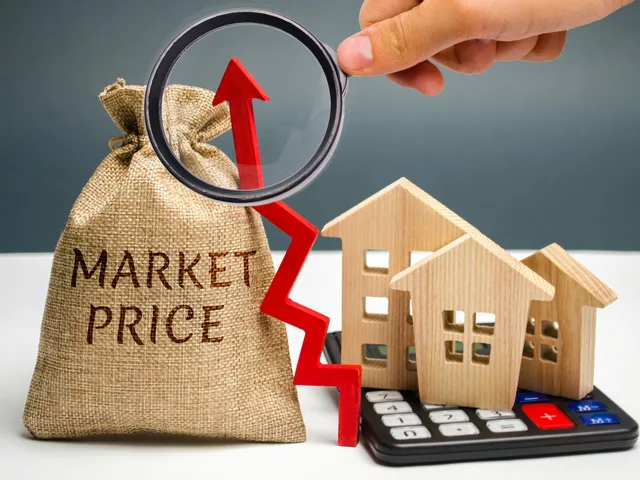 25
Jul,2023
25
Jul,2023
Understanding the Current Real Estate Market
As someone who has been observing the real estate market closely, I've come to notice that there are many factors that contribute to its ups and downs. The current state of the market is a result of a combination of these factors. Some are economic, such as interest rates and employment rates. Others are political, like changes in housing policies. There are also social factors, such as population growth and changes in consumer preferences.
Right now, the real estate market is experiencing a boom. Prices have been soaring, and it seems like everyone wants to get a piece of the action. But as we all know, the market is cyclical. What goes up must come down. The question is, when will the downturn happen, and how severe will it be?
Analyzing the Signs of a Potential Crash
There are several signs that the real estate market could be heading for a crash. For one, the rapid increase in prices is unsustainable. When prices rise too quickly, they often fall just as fast. This is especially true if the rise in prices is not supported by underlying economic fundamentals.
Another sign of a potential crash is a surge in speculative buying. This happens when people buy properties not for their own use, but with the hope of selling them at a higher price later. This kind of activity can inflate prices and create a bubble that could burst.
Examining Historical Trends
History often repeats itself, and this is true in the real estate market as well. In the past, we've seen similar patterns of rapid price increases followed by severe crashes. The most recent example is the housing bubble that burst in 2008, leading to a global financial crisis.
While the current situation is not identical to previous ones, there are enough similarities to raise concerns. We should always learn from history and be cautious when we see similar patterns emerging.
Considering the Impact of the Pandemic
The COVID-19 pandemic has had a significant impact on the real estate market. On one hand, it has led to lower interest rates, which have made it cheaper to borrow money and buy properties. On the other hand, it has caused economic uncertainty, which could lead to a slowdown in the market.
Moreover, the pandemic has changed the way we live and work. Many people are now working from home and need larger spaces. This has increased demand for certain types of properties and could influence the market's direction.
Looking at the Role of Government Policies
Government policies play a crucial role in the real estate market. Policies related to taxes, interest rates, and housing can either stimulate or cool down the market. In recent years, many governments have implemented policies to cool down the overheated market. If these policies are effective, they could prevent a crash. However, if they fail, they could exacerbate the problem.
Assessing the Potential Impact of a Crash
A crash in the real estate market could have severe consequences. It could lead to a loss of wealth for homeowners and investors. It could also lead to a slowdown in the economy, as construction and real estate activities contribute significantly to economic growth.
However, a crash could also present opportunities. It could make properties more affordable for first-time buyers and those who were previously priced out of the market. Therefore, whether a crash is good or bad largely depends on your perspective and situation.
Preparing for a Possible Crash
Whether or not a crash is imminent, it's always a good idea to be prepared. This means having a diversified investment portfolio and not putting all your eggs in one basket. It also means having a contingency plan in case things go south.
Furthermore, if you're planning to buy a property, make sure you can afford it even if prices fall. Remember, buying a property is a long-term commitment. You should be prepared for all possibilities.
Conclusion: Is a 50% Crash Likely?
So, is the real estate market about to crash 50%? The truth is, no one can predict the market with 100% accuracy. However, there are certainly signs that a correction could be on the horizon. Whether it will be as severe as a 50% crash, only time will tell.
What's important is to stay informed, be prepared, and make smart decisions. The real estate market can be risky, but with careful planning and prudent investments, you can mitigate the risks and make the most of the opportunities it presents.




